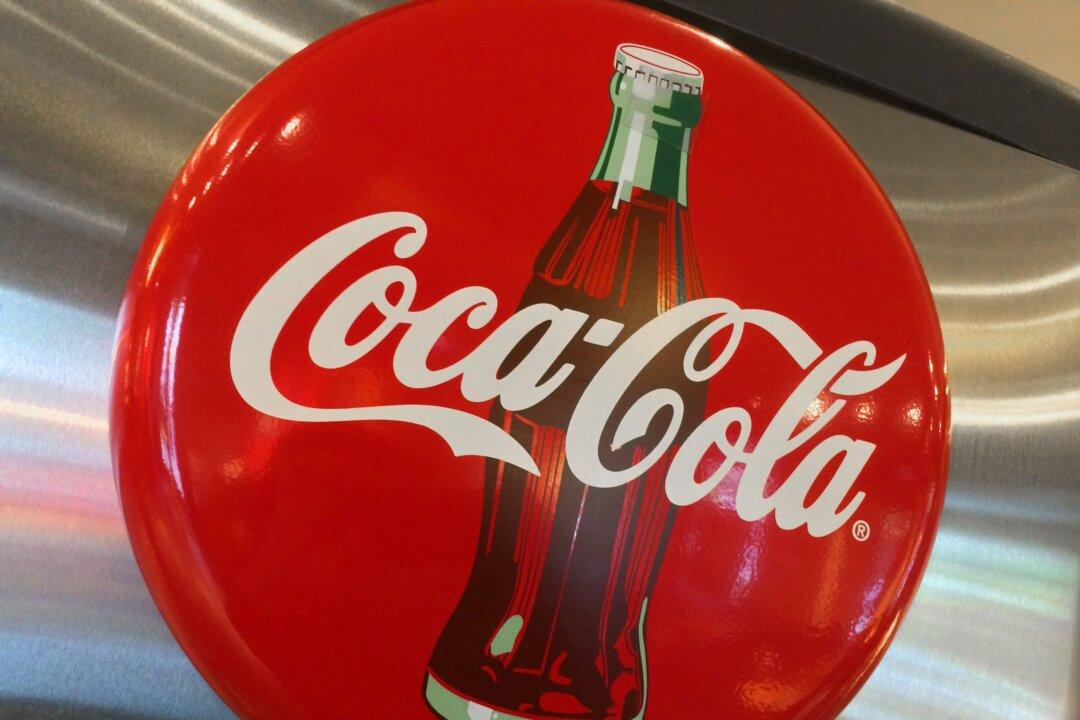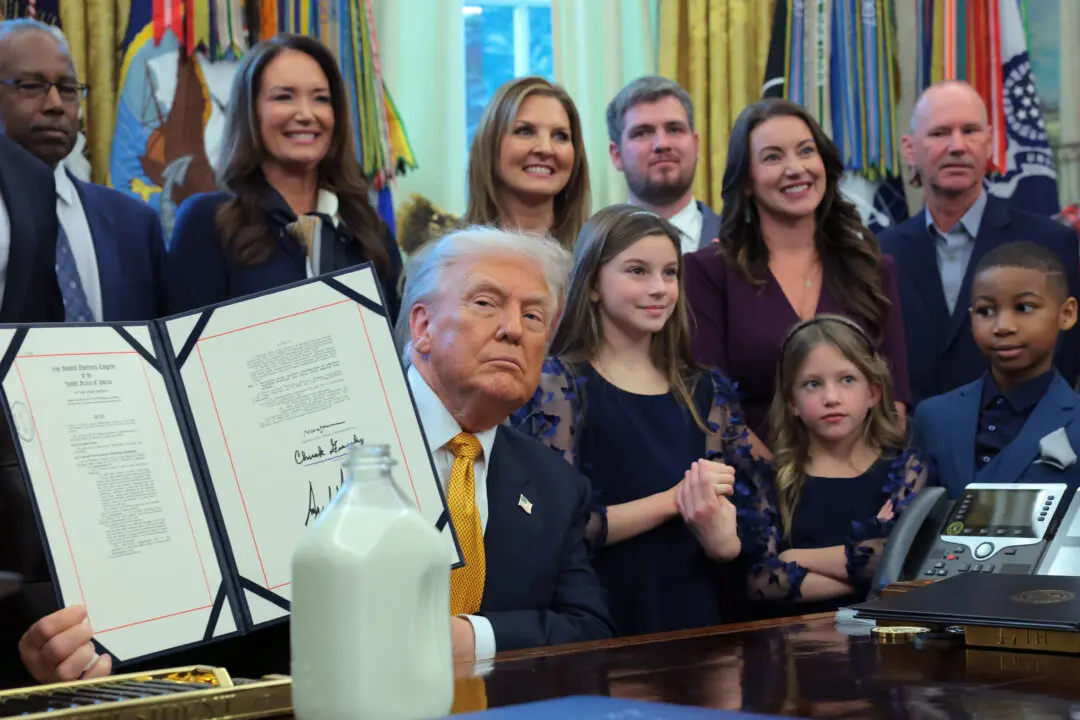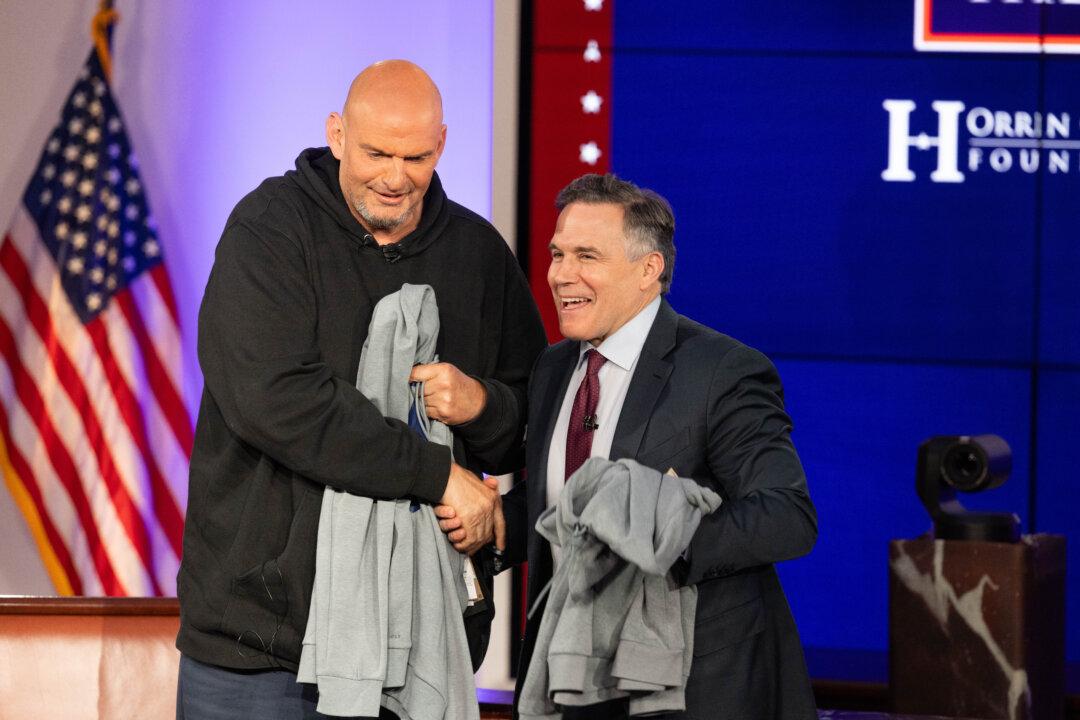Commentary
In March of last year, days after Georgia Gov. Brian Kemp signed new voting reform legislation, Atlanta-based Coca-Cola CEO James Quincey said, “This legislation is unacceptable. It is a step backwards ... and needs to be remedied, and we will continue to advocate for it both in private and now even more in public.”





